O Canada…
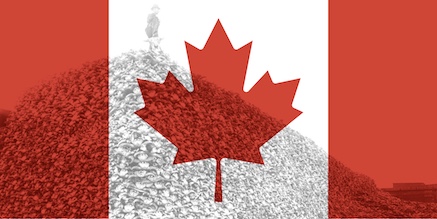

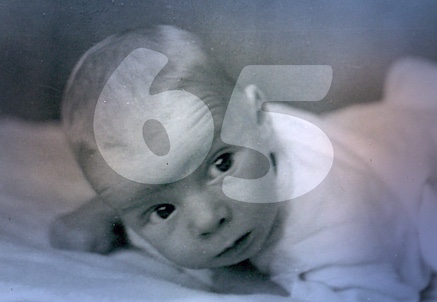
I’ve heard that I now qualify for a free fishing license in the Canadian provinces of Manitoba and Ontario… sashimi days lie ahead.
Cheers!
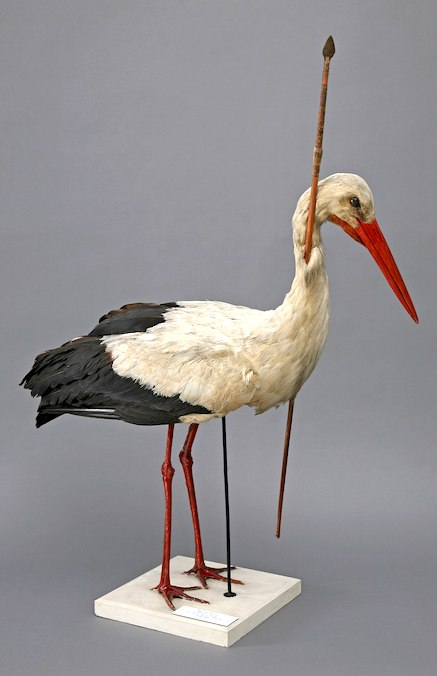
Rostock, Germany
The term Pfeilstorch (German for “arrow stork”) is given to storks injured by an arrow while wintering in Africa, before returning to Europe with the arrow stuck in their bodies. (To date, around 25 Pfeilstörche have been documented).
The first and most famous Pfeilstorch was a white stork found in 1822 near the German village of Klütz, in the state of Mecklenburg-Vorpommern. It was carrying an arrow from central Africa in its neck. The specimen was stuffed and can be seen today in the zoological collection of the University of Rostock… (it is therefore referred to as the Rostocker Pfeilstorch).
This Pfeilstorch was crucial in understanding the migration of European birds. Before migration was understood, people had no other explanation for the sudden annual disappearance of birds like the white stork and barn swallow. Some theories of the time held that they turned into mice, or hibernated at the bottom of the sea during the winter, and such theories were even propagated by zoologists of the time. The Rostocker Pfeilstorch in particular proved that birds migrate long distances to wintering grounds.
(source)
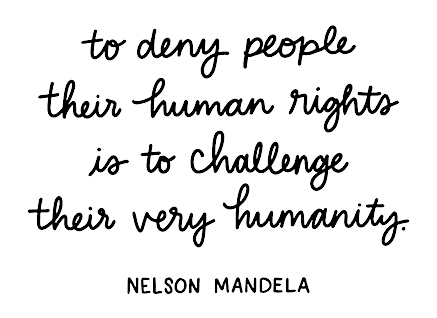
Paris, France
70 years ago today, on 10 December 1948, the Universal Declaration of Human Rights was adopted by the United Nations General Assembly at Palais de Chaillot, Paris. The Declaration arose directly from the experience of the Second World War and represents the first global expression of rights to which all human beings are inherently entitled. The date of 10 December was established as Human Rights Day in 1950, and has been commemorated annually around the world on this date ever since.
These days, the advancement and promotion of worldwide human rights are confronted by growing nationalism, a widespread misinformation epidemic, and the ascendency of identity politics which draw strength from ethnic or religious conflict. All the more reason to celebrate (and disseminate) comprehensive statements of inalienable human rights, I say!
The Universal Declaration of Human Rights is a call to freedom and justice for people throughout the world. Many consider the Declaration to be the most important document ever written, essentially “the international Magna Carta of all mankind.” As such, it has also become the most translated document in the world.
Do you know your human rights? Read the full text of the Universal Declaration of Human Rights here, or download a PDF of the text in English here. Watch an excellent type-and-graphic rendering of the Declaration on Vimeo here.
No man is an island entire of itself; every man
is a piece of the continent, a part of the main;
if a clod be washed away by the sea, Europe
is the less, as well as if a promontory were, as
well as any manner of thy friends or of thine
own were; any man’s death diminishes me,
because I am involved in mankind.
And therefore never send to know for whom
the bell tolls; it tolls for thee.
—John Donne (1572–1631), Meditation XVII
In 1972, I was valedictorian of my graduating high school class at Black Forest Academy. I recited this poem by John Donne as the core of my address. I still feel the piece expresses deep empathy and humanity, welcome traits in a world that seems to skew increasingly isolationist and echoes with ever-louder, exclusionary nationalism. The ‘Brexit‘ issue in particular has (almost daily) put Donne’s wise words “back on my radar”…
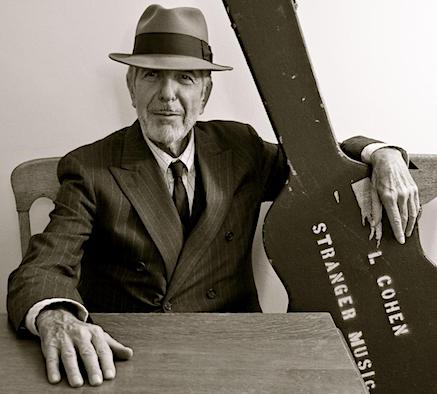
Montreal, Canada
It’s two years ago today since poet/troubadour Leonard Cohen moved on into the next dimension. I came across this insightful tribute by Maria Popova online (with thanks to Brenda Sanderson for the link)…
+ + + + +
A generous reminder that we must aim for “a revelation in the heart rather than a confrontation or a call-to-arms or a defense.”
Trained as a poet and ordained as a Buddhist monk, Leonard Cohen (September 21, 1934–November 7, 2016) is our patron saint of sorrow and redemption. He wrote songs partway between philosophy and prayer — songs radiating the kind of prayerfulness which Simone Weil celebrated as “the rarest and purest form of generosity.”
One of his most beloved lyric lines, from the song “Anthem” — a song that took Cohen a decade to write — remains what is perhaps the most meaningful message for our troubled and troubling times: “There is a crack in everything, that’s how the light gets in.” It springs from a central concern of Cohen’s life and work, one which he revisited in various guises across various songs — including in “Suzanne,” where he writes “look among the garbage and the flowers / there are heroes in the seaweed,” and in the iconic “Hallelujah”: “There’s a blaze of light / In every word / It doesn’t matter which you heard / The holy or the broken Hallelujah”.
Read the whole post on Brain Pickings…
Blombos Cave (near Capetown), South Africa
“Nine red lines on a stone flake found in a South African cave may be the earliest known drawing made by Homo sapiens, archaeologists reported on Wednesday. The artifact, which scientists think is about 73,000 years old, predates the oldest previously known modern human abstract drawings from Europe by about 30,000 years.”
“We knew a lot of things Homo sapiens could do, but we didn’t know they could do drawings back then,” said Christopher Henshilwood, an archaeologist from the University of Bergen in Norway and lead author of the study…
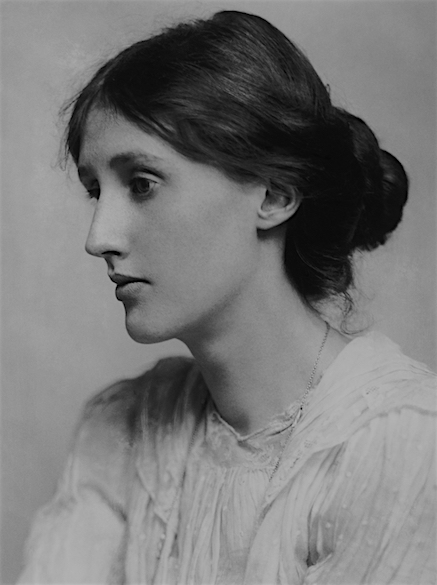
—Virginia Woolf (1882-1941)